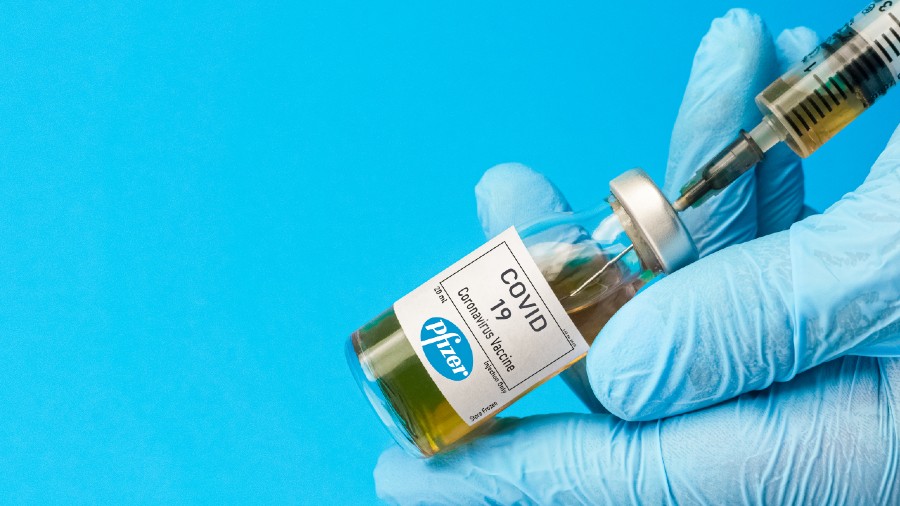The Pfizer-BioNTech coronavirus vaccine is extremely effective in adolescents 12 to 15 years old, perhaps even more so than in adults, the companies reported on Wednesday. No infections were found among children who received the vaccine in a recent clinical trial, the drug makers said; the children produced strong antibody responses and experienced no serious side effects.
The findings, if they hold up, may speed a return to normalcy for millions of American families. Depending on regulatory approval, vaccinations could begin before the start of the next academic year for middle school and high school students, and for elementary school children not long after.
The companies announced the results in a news release that did not include detailed data from the trial, which has not yet been peer-reviewed nor published in a scientific journal. Still, the news drew praise and excitement from experts.
“Oh my god, I’m so happy to see this — this is amazing,” said Akiko Iwasaki, an immunologist at Yale University. If the vaccines’s performance in adults was A-plus, the results in children were “A-plus-plus”.
The good news arrives even as the US records another rise in infections and health officials renew calls for Americans to heed precautions and get vaccinated. On Monday, Dr Rochelle Walensky, director of the Centers for Disease Control and Prevention, said that rising cases had left her with sense of “impending doom”, while President Biden called on state and local officials to reinstate mask mandates.
Vaccination efforts are accelerating throughout the nation. As of Tuesday, 29 per cent of adults had received at least one dose of a coronavirus vaccine, and 16 per cent had been fully inoculated, according to the CDC.
But the country cannot hope to reach herd immunity — the point at which immunity becomes so widespread that the coronavirus slows its crawl through the population — without also inoculating the youngest Americans, some experts say. Children under 18 account for about 23 per cent of the population in the US.
“The sooner that we can get vaccines into as many people as possible, regardless of their age, the sooner we will be able to really feel like we’re ending this pandemic for good,” said Angela Rasmussen, a virologist affiliated with Georgetown University.
Data from Israel suggest that vaccinating adults alone can significantly decrease the number of cases, but “long term, to hit the herd immunity threshold, we will have to vaccinate children”, she said.
The trial included 2,260 adolescents ages 12 to 15. The children received two doses of the vaccine three weeks apart — the same amounts and schedule used for adults — or a placebo of saltwater.
The researchers recorded 18 cases of coronavirus infection in the placebo group, and none among the children who received the vaccine. Still, the low number of infections makes it difficult to be too specific about the vaccine’s efficacy in the population at large, Dr Rasmussen said.
“But obviously, it looks good for the vaccine if there were zero Covid cases among the vaccinated people,” she added.
The adolescents who got the vaccine produced much higher levels of antibodies on average, compared with participants 16 to 25 years of age in an earlier trial. The children experienced the same minor side effects as older participants, although the companies declined to be more specific.
Dr Iwasaki said she had expected antibody levels in adolescents to be comparable to those in young adults. “But they’re getting even better levels from the vaccines,” she said. “That’s really incredible.”
She and other experts cautioned that the vaccine might be less effective in children, and adults, against some of the variants that have begun circulating in the US.
Pfizer and BioNTech have begun a clinical trial of the vaccine in children under 12 and started inoculations of children ages 5 to 11 just last week.
Company scientists plan to start testing the vaccine next week in even younger children, ages 2 to 5, followed by trials in children ages 6 months to 2 years.
Results from that three-phase trial are expected in the second half of the year, and the companies hope to make the vaccine available for children under 12 early next year.
New York Times News Service











